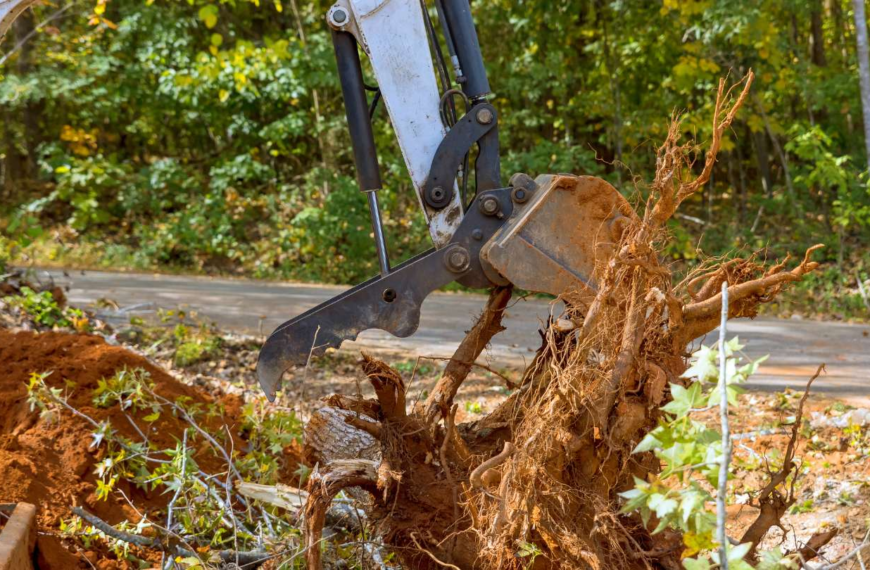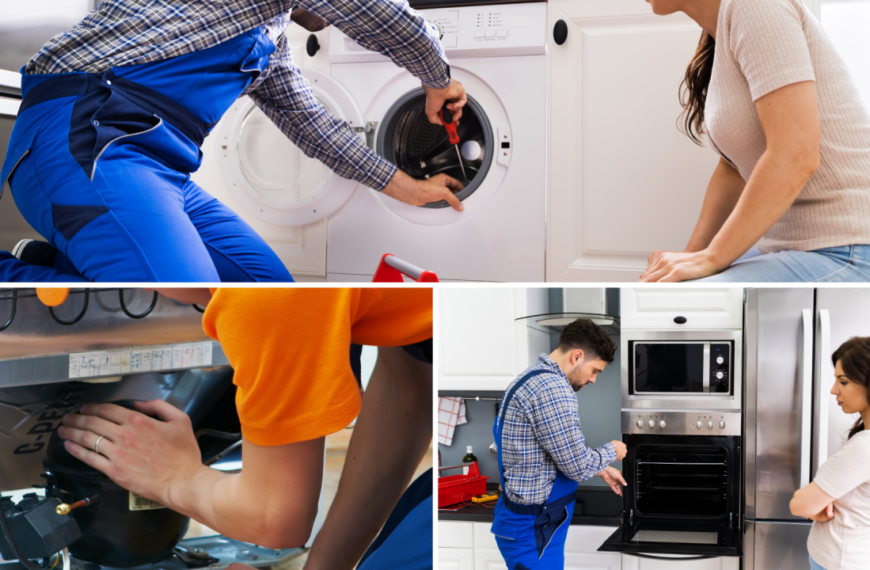| A: Use fuel additives | B: Check out any strong smell of fuel | C: Keep water levels above maximum | D: Avoid driving with a full tank of fuel |
Understand The What Should You Do to Reduce the Risk of Your Vehicle Catching Fire?
Introduction
Vehicle fires are more common than many people realize, and they can occur without any warning. Understanding how to minimize the risk of such incidents is crucial for every driver. Not only can vehicle fires lead to significant property damage, but they can also pose serious safety risks to you and your passengers. Therefore, being proactive about vehicle fire safety is essential. This article will explore various strategies to help you reduce the risk of your vehicle catching fire, ranging from regular maintenance to emergency preparedness.
Importance of Vehicle Fire Safety
The importance of vehicle fire safety cannot be overstated. In the United States alone, there are thousands of vehicle fires reported each year. These fires can stem from various sources, including fuel leaks, electrical malfunctions, and overheating engines. Understanding fire safety is vital because it helps you identify potential hazards before they escalate into dangerous situations. By taking preventative measures, you can protect not only your vehicle but also your life and the lives of others on the road.
Overview of Common Causes of Vehicle Fires
Vehicle fires can be caused by a myriad of factors. Fuel leaks, for instance, are one of the leading causes; when gasoline or diesel comes into contact with hot engine parts, it can ignite. Electrical issues, such as faulty wiring or malfunctioning batteries, can also lead to fires. Overloading a vehicle can create excessive heat, increasing fire risk. By understanding these common causes, you can be more vigilant and take the necessary steps to prevent a fire from occurring.
1. Best Ways to Reduce the Risk of a Fire Starting
Check for Fuel Leaks
Fuel leaks are a serious concern for vehicle safety. They can occur due to wear and tear, improper repairs, or accidents. If you notice a strong smell of gasoline or see liquid pooling under your vehicle, it’s essential to investigate immediately. Ignoring these signs can lead to catastrophic consequences.
Recognizing the Signs of Fuel Leaks
Recognizing the signs of fuel leaks is crucial in preventing vehicle fires. Common indicators include the smell of fuel, stains on the ground, or visible corrosion on fuel lines. Regularly inspect your vehicle, especially after repairs or maintenance. If you notice any of these signs, it’s time to take action and have a mechanic check it out.
How to Inspect Your Vehicle for Leaks
Inspecting your vehicle for leaks should be part of your routine maintenance. Start by checking under your vehicle for any puddles or stains. Look for signs of damage around fuel lines and connections. Don’t forget to check the fuel tank itself for rust or dents. Regular visual inspections can help you catch issues early before they escalate.
Avoid Overloading Your Vehicle
Overloading your vehicle can significantly increase the risk of a fire. Every vehicle has a weight limit specified by the manufacturer. Exceeding this limit can cause your engine to work harder, generating excessive heat and creating a fire hazard.
Understanding Weight Limits
Understanding your vehicle’s weight limits is essential for safe driving. The maximum weight includes passengers, cargo, and any accessories. You can usually find this information in the owner’s manual or on a sticker inside the driver’s door. Abiding by these limits can prevent mechanical failure and reduce fire risks.
Consequences of Overloading
Overloading can lead to various issues, including decreased handling and performance, increased brake wear, and overheating. In severe cases, it can even cause tire blowouts. All of these factors can contribute to dangerous situations, including potential fires. Therefore, it’s essential to be mindful of what you carry in your vehicle.
Maintain Electrical Systems
Maintaining your vehicle’s electrical systems is crucial for fire prevention. Faulty wiring, frayed connections, or malfunctioning batteries can create sparks that may ignite flammable materials.
Importance of Regular Inspections
Regular inspections of your vehicle’s electrical systems can help prevent fires. Ensure that all wiring is in good condition and that connections are secure. If you’re unsure, it’s wise to consult a mechanic for a professional inspection.
Common Electrical Issues to Watch For
Common electrical issues include dead batteries, malfunctioning lights, and signs of corrosion around battery terminals. These problems can lead to overheating and potential fires. If you notice any unusual behavior in your vehicle’s electrical systems, have them checked immediately.
2. How to Prevent an Engine Fire

Regular Engine Maintenance
Regular engine maintenance is essential for vehicle safety. A well-maintained engine is less likely to overheat or malfunction, both of which can lead to fires. Schedule routine checks with a qualified mechanic to keep your engine in top condition.
Importance of Routine Check-ups
Routine check-ups allow mechanics to identify potential issues before they become serious problems. Regular oil changes, coolant checks, and filter replacements are vital for engine health. Ignoring these maintenance tasks can increase the risk of overheating and fires.
Key Components to Monitor
Key components to monitor include the fuel system, ignition system, and cooling system. Regularly check for leaks, signs of wear, or any unusual noises. Addressing minor issues promptly can save you from larger problems down the road.
Use Quality Fuel
Using high-quality fuel can make a difference in preventing engine fires. Poor fuel quality can lead to engine problems and increased emissions, both of which can create fire hazards.
Benefits of High-Quality Fuels
High-quality fuels generally contain fewer impurities, leading to better engine performance and efficiency. They can help reduce the risk of knocking, which can cause damage over time. Investing in good fuel pays off in the long run.
Avoiding Contaminated Fuel
Contaminated fuel can cause significant issues, including clogged fuel lines and inefficient combustion. Always refuel at reputable gas stations to minimize the risk of receiving contaminated fuel. If you suspect your fuel is contaminated, have it tested and replaced.
Check Out Any Strong Smell of Fuel
If you detect a strong smell of fuel in or around your vehicle, it’s essential to take it seriously. This odor could indicate a fuel leak, which is a fire hazard.
Immediate Steps to Take
If you smell fuel, stop driving immediately and exit the vehicle. Do not attempt to start the engine. Instead, inspect the area for leaks, and avoid using any electrical devices, which could spark a fire.
When to Seek Professional Help
If you can’t identify the source of the smell, it’s time to seek professional help. Have a mechanic inspect your vehicle to ensure it’s safe to drive. Never ignore fuel odors; they are often the first signs of a potential fire.
3. Safeguards Against Fire
Install Fire Extinguishers
Installing a fire extinguisher in your vehicle can be a lifesaver in case of a fire. It’s an inexpensive precaution that can make a significant difference in emergency situations.
Types of Fire Extinguishers Suitable for Vehicles
Look for fire extinguishers rated for Class B and C fires, as these can effectively extinguish flammable liquids and electrical fires. Consider a compact model that fits well in your vehicle without being obtrusive.
Proper Placement in Your Vehicle
Place the fire extinguisher in an easily accessible location, such as the glove compartment or under a seat. Ensure that all passengers know its location and how to use it in case of an emergency.
Know Emergency Procedures
Knowing what to do in the event of a fire can save lives. Educate yourself and your passengers on emergency procedures before an incident occurs.
What to Do if a Fire Starts
If a fire starts, pull over to a safe location and exit the vehicle immediately. Do not attempt to extinguish a large fire; call emergency services instead. Make sure all passengers evacuate safely and quickly.
Evacuation Protocols for Passengers
Establish evacuation protocols for your passengers before a fire happens. Everyone should know the quickest exits and how to help each other evacuate safely.
Educate Yourself and Others
Education is key in fire prevention. The more you know about vehicle fire risks and safety measures, the better prepared you’ll be.
Importance of Fire Safety Education
Regularly reviewing fire safety education helps keep you and your passengers safe. Knowing how to identify hazards and respond in emergencies is crucial for everyone involved.
Resources for Learning More
Consider enrolling in a fire safety course or consulting online resources to stay informed. Many local fire departments offer free workshops or materials that can help increase your knowledge.
You Also Like It:
When may you stop and wait in a box junction?
What style of driving causes increased risk to everyone?
What’s the purpose of road humps, chicanes and narrowings?
4. Cars Least Likely to Catch Fire
Features of Fire-Resistant Vehicles
Some vehicles are designed with fire-resistant materials and features that make them less likely to catch fire. These include improved wiring insulation, better fuel tank designs, and effective cooling systems.
Safety Standards and Ratings
Safety standards, like those from the National Highway Traffic Safety Administration (NHTSA), provide guidelines for vehicle manufacturers. Vehicles that meet or exceed these standards are often less prone to fires.
Innovations in Fire-Resistant Materials
Innovations in materials, such as heat-resistant plastics and advanced metal alloys, enhance vehicle safety. As technology advances, more manufacturers are adopting these materials to improve fire safety.
Brands and Models with Good Safety Records
Researching brands and models known for their safety can guide your purchasing decisions. Brands that focus on quality and safety often produce vehicles with lower fire incidents.
List of Cars Known for Fire Safety
Some cars that have been reported as less likely to catch fire include:
- Toyota Camry
- Honda Accord
- Subaru Outback
- Ford Escape
Importance of Researching Before Purchase
Before purchasing a vehicle, do thorough research on its safety ratings and fire safety records. Consult reputable sources and reviews to ensure you make an informed decision.
Conclusion About What should you do to reduce the risk of your vehicle catching fire?
Recap of Key Points
Reducing the risk of your vehicle catching fire involves regular maintenance, inspections, and educating yourself about potential hazards. Awareness of common causes and preventative measures can significantly enhance safety.
Encouragement to Stay Vigilant
Staying vigilant and proactive can prevent vehicle fires. Regularly check your vehicle for signs of wear, follow maintenance schedules, and educate yourself about fire safety.
You Also Like It:
When must you contact the vehicle licensing authority?
What colour are the reflective studs between a motorway and its slip road?
At a puffin crossing, which colour follows the green signal?
Call to Action
Share this article to raise awareness about vehicle fire safety. Invite readers to comment with their experiences and tips to help foster a community focused on prevention and safety.
Releated Posts
MAB Instructor Certification: Your Gateway to Professional Crisis Management Leadership
In today’s fast-evolving professional environments—especially in healthcare, mental health, education, and corrections—conflict and aggression can arise without warning.…
Freewayget.com: Your Ultimate Platform for Deals, Discounts, and Digital Products
Introduction to Freewayget.com In today’s fast-paced digital world, finding reliable platforms that offer authentic discounts, deals, and digital…
Affordable & Fast Embroidery Digitizing Services in Your Area
Embroidery digitizing services provide corporations, designers, and people with brilliant embroidery-equipped designs by means of changing art work…
Introduction to hdhub4u nit
In this article, we will delve into the details of hdhub4u nit, exploring its features, benefits, and why…

















